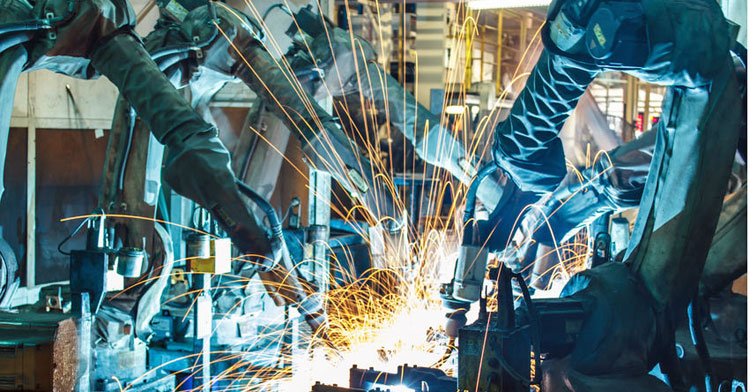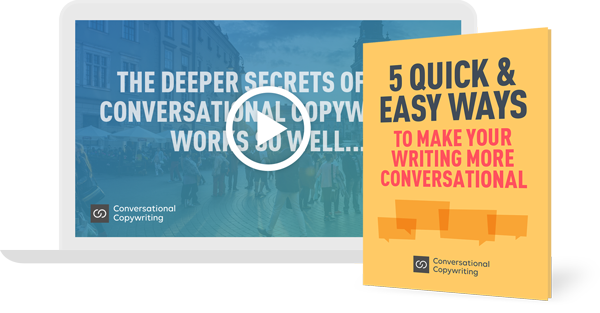
If you’re involved in marketing online, you’re doubtless aware of the power and benefits of automation.
Modern online tools allow you to target your future customers, entice them with the best offers, pull them into a powerful sales funnel, send out a series automated emails and then land them as customers.
The better your landing pages, sales funnels and email sequences… the higher your conversion rates.
The process truly is a marvel of modern technology. It really is.
And yet…
For all of its efficiencies, automated marketing lacks the human touch.
Those automated sequences are too much the same to be human. When every business automates in the same way, in the same sequence, it often feels cold and impersonal.
Human interaction is never exact, never perfectly delivered, and rarely “on time”. Being inexact, imperfect and late are some of the hallmarks of what it means to be human.
Granted, huge companies like Amazon, which handle hundreds of transaction every second, have little choice but to automate everything.
But what about companies that make 25, 50 or 100 sales a day? Couldn’t they add a real human into the mix?
I was reminded of this – and how powerful a human voice can be – when I received a homework assignment from a student who is taking one of my courses.
The assignment was to write an email from a lawncare company to its customers.
Almost every student personalized the salutation – Dear [name].
Except for Barbara G. She wrote, “Dear Betty and Jack”.
Including the names of both of the people who own that home, and love the same garden, made all the difference.
This wasn’t automation. Someone who had been to that home had made a note of the names of both of the people living there… not just the “account holder” or name on the check or credit card used to make payments.
That email immediately felt different and more personal than emails from other companies. The salutation set the tone, and then the text of the email was written in a warm and conversational tone. It felt human.
In my own case, when I sell my Conversational Copywriting course, I make a point of inserting myself into the process.
When you buy the course, you get a quick, automated confirmation.
But you also get an email from me. You may get it within a few minutes, or after an hour or two, or even the next morning.
Remember, automation is always on time and usually immediate. Humans aren’t.
Also, although I use a template, I always write something different and personal within the first few lines of the email. I’ll find something to say that makes it clear that I had personally written the email to the person who purchased the course.
I also add my personal email towards the end of the email. I’m inviting conversation. This is very different from those emails that are sent from “do-not-reply@companyname.com”.
Like I said, Amazon can’t do this. But there are hundreds of thousands of companies out there which could, but don’t.
They don’t do it because it’s easier, faster and less expensive to automate everything, even when they don’t have to.
The downside is that they lose the opportunity to insert a more personal and human touch into the conversation.
In fact, automation creates distance and signifies that the merchant company actually has no interest in entering into any kind of true conversation, at all.
They just want to harvest your attention, and the cash from your pocket.
There is an opportunity here for smart companies to start differentiating themselves, in a very positive way, by adding a truly human voice to their communications.
Whatever the process, and whether you are writing a web page, an email or a social media update, you can make a huge difference just by writing in a warm and conversational tone – within or in addition to those automated sequences.
If you don’t, that’s when automation becomes the enemy of conversation.
NOTE: If you want to enjoy all the advantages of having Conversational Copywriting as part of your online marketing toolkit, find out more about the course here…

Thank you for this Nick. It really struck a chord with me (and ironically that’s exactly your point in the article!)
But its a real solid reminder of what’s possible. I will definitely remember this piece of advice. Especially important in these times…
Thanks so much!